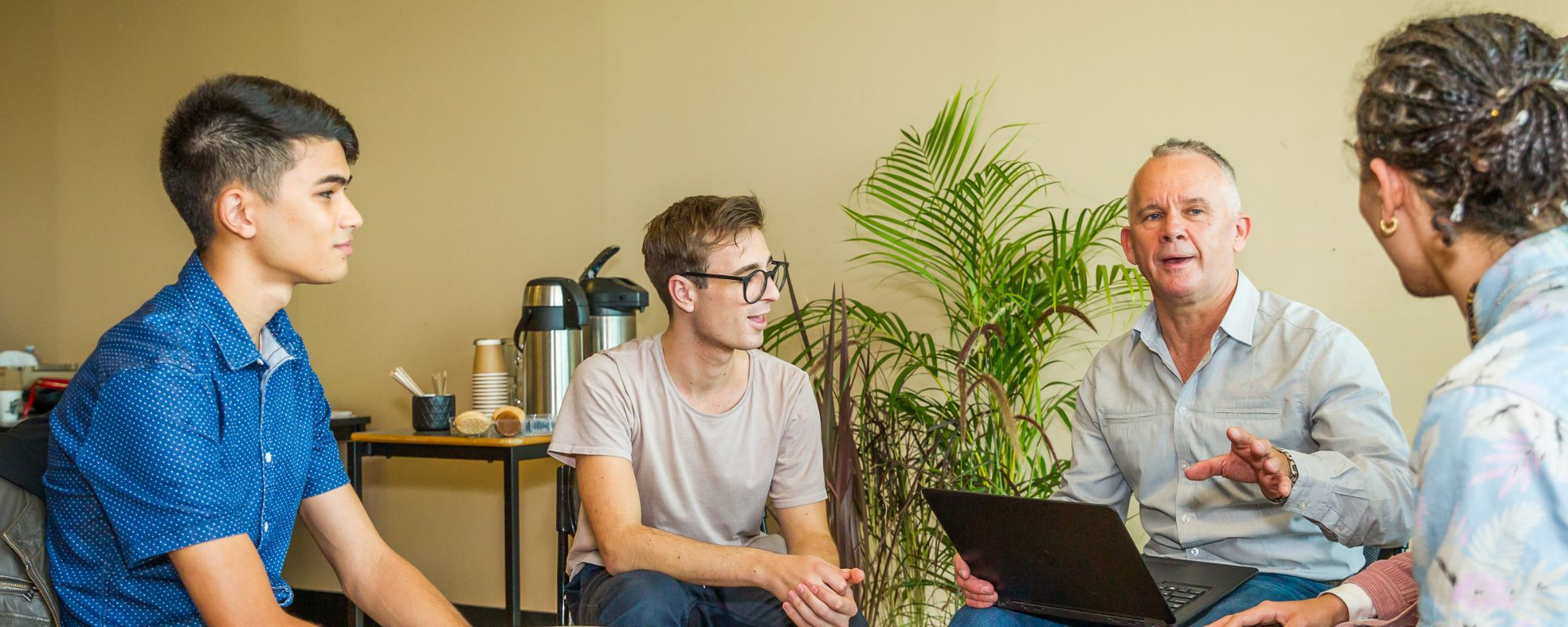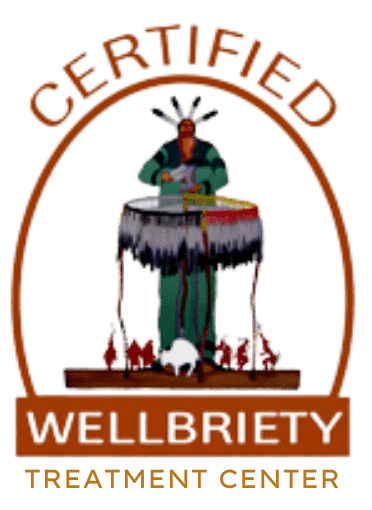When a loved one has entered into an addiction rehab there is much to celebrate. It is the first step in getting better after what is usually a devastating and rapid decline in physical and mental health. For the first time in a while, hope seems to be the prevailing emotion surrounding your loved one’s recovery. Relationships that were destroyed or damaged have a real potential to recover now that your loved one is a rehab facility. However, there is almost always a lot of concerns, questions, and misconceptions, regarding how professional treatment works. Most family members also want to know how they can best support a loved one while in addiction rehab as well as afterward. The following may help answer some of those questions.
The first thing to remember about treatment when a loved one is there is that they are under the care of professionals. They are in the hands of medical and nursing staff, who have special training and education to help people with drug or alcohol problems. They are also there with peers who are in the same situation that your loved one is in, providing an additional support group for them while in the early stages of recovery.
Group therapy, individual counseling, medical care, and a balanced diet are all parts of a good treatment program. Your loved one is right where they need to be, in order to get the help they need addressing their drug addiction or alcohol addiction. This means it’s ok to relax and breathe a sigh of relief.
Federal medical privacy laws will usually limit the amount of contact you can have with your loved one during treatment, especially early on. Even as an immediate family member, who may have even paid for treatment, releasing any information is strictly prohibited. Early on in addiction treatment, contact with the outside world, in general, is very restricted. This is so that there are no excessive distractions while detoxing and they can focus on taking those pivotal first steps in the recovery process.
During this period of communication “blackout” educating yourself on addiction can be the perfect thing to do. Many people believe they know what addiction is like, but unless you have experienced it firsthand, it hard to truly know. Also, different types of substance abuse can manifest in different ways. For example, opioid addiction and alcohol abuse, although both devastating, usually have vastly different ways of presenting themselves. Learn about the symptoms of their specific addiction, the different health risks it poses, and how to identify signs of relapse. Understand the characteristics of the addiction your loved one is working to overcome, is a great place to start.
When it comes time to talk to your loved one, make sure to be open, caring, and compassionate. Talk to your loved one about how to best support them, making sure to not sacrifice your own emotional, physical or mental well-being. If it is still very early on in their recovery, try and keep the conversations light and keep emotional topics to a minimum. Praising and encouraging their willingness to get help for substance abuse issues can be a powerful motivator, especially from family and friends.
Once your loved one has completed treatment and begins their transition back to “real life”, they will need your support more than ever. Staying sober and addiction recovery is a long term commitment that requires ongoing work and effort. One way to support a loved one is to create a substance-free environment. Remove and drug paraphernalia or alcohol from your home and encourage them to stay away from places that may tempt them to relapse. Another way to support them is to encourage healthy habits. One of the best ways to do this is to lead by example. Joining a support group meeting for families such as Al-anon, can encourage your loved one to actively attend meetings themselves. 12-step meetings can be an incredibly powerful tool to prevent relapse.
Overall, being patient is one of the top things you can do to help a loved one along in their sobriety. Recovery is a long-term process and people make mistakes. Knowing you have your friends and family there for you no matter what can mean the world.
To discuss treatment options for your loved one, please call Royal Life Centers at (888) 716-4070. We are a holistically centered treatment facility, that caters to each individual and their needs. We believe everyone deserves treatment as unique as they are. We never place our guests in a one size fits all, pre-programmed treatment plan. Our admissions team is available 24/7 to answer any questions you may have.













